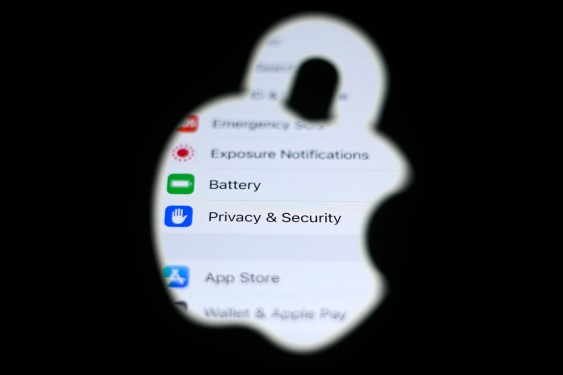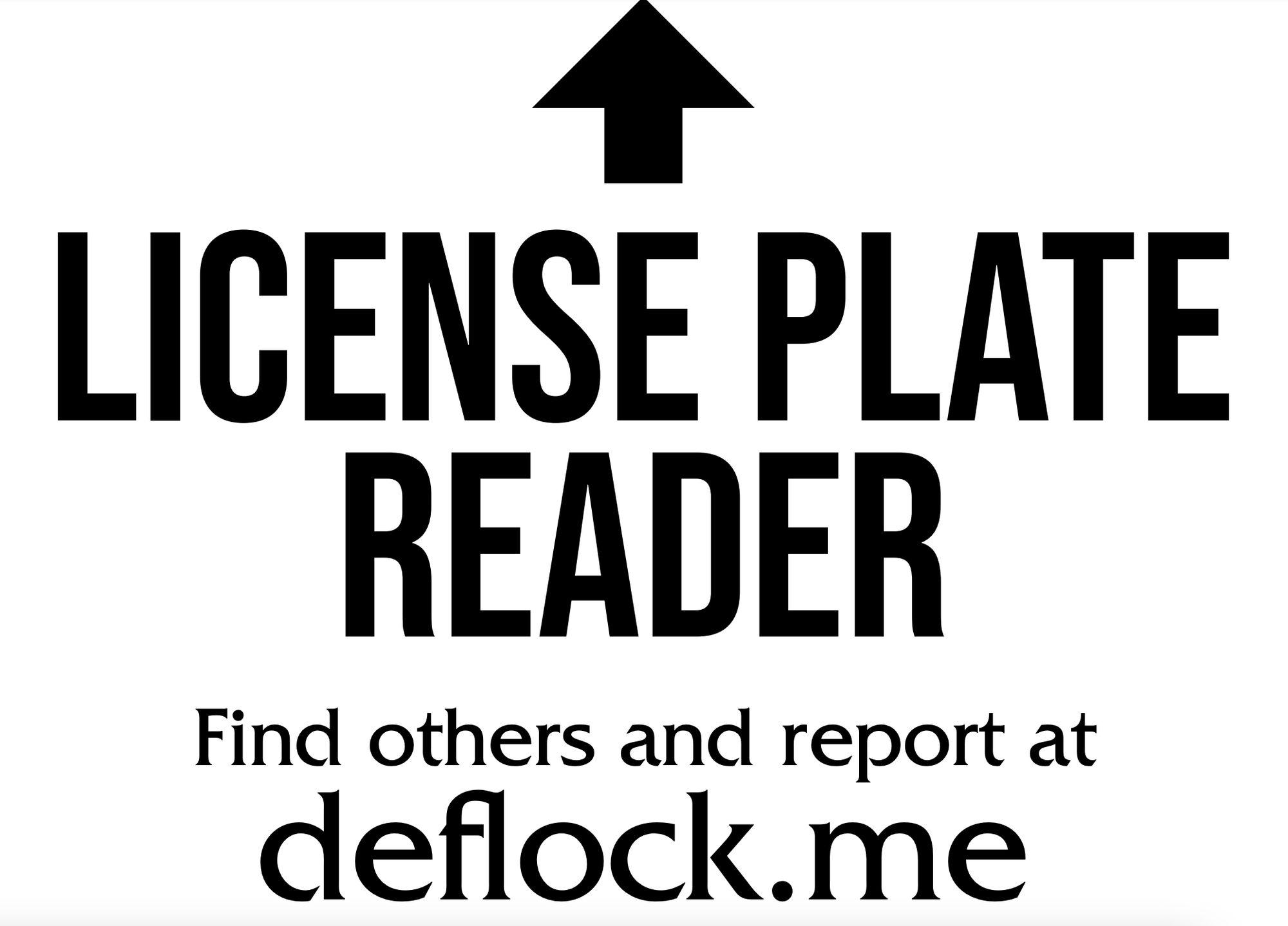Consider an example from climate science. Experts studying large atmospheric circulation patterns and their impacts on global weather would like to know how these systems might change with warming climates. Here, many variables come into play: ocean and air temperatures and pressures, ocean currents and depths, and even details of the earth’s rotation over time. But which variables cause which measured effects?
That is where information theory comes in as the framework to formulate causality. Adrián Lozano-Durán, an associate professor of aerospace at Caltech, and members of his group both at Caltech and MIT have developed a method that can be used to determine causality even in such complex systems.
The new mathematical tool can tease out the contributions that each variable in a system makes to a measured effect — both separately and, more importantly, in combination. The team describes its new method, called synergistic-unique-redundant decomposition of causality (SURD), in a paper published today, November 1, in the journal Nature Communications.
The new model can be used in any situation in which scientists are trying to determine the true cause or causes of a measured effect. That could be anything from what triggered the downturn of the stock market in 2008, to the contribution of various risk factors in heart failure, to which oceanic variables affect the population of certain fish species, to what mechanical properties are responsible for the failure of a material.
“Causal inference is very multidisciplinary and has the potential to drive progress across many fields,” says Álvaro Martínez-Sánchez, a graduate student at MIT in Lozano-Durán’s group, who is lead author of the new paper.
For Lozano-Durán’s group, SURD will be most useful in designing aerospace systems. For instance, by identifying which variable is increasing an aircraft’s drag, the method could help engineers optimize the vehicle’s design.
“Previous methods will only tell you how much causality comes from one variable or another,” explains Lozano-Durán. “What is unique about our method is its ability to capture the full picture of everything that is causing an effect.”
The new method also avoids the incorrect identification of causalities. This is largely because it goes beyond merely quantifying the effect produced by each variable independently. In addition to what the authors refer to as “unique causality,” the method incorporates two new categories of causality, namely redundant and synergistic causality.
Redundant causality occurs when more than one variable produces a measured effect, but not all the variables are needed to arrive at the same outcome. For example, a student can get a good grade in class because she is very smart or because she is a hard worker. Both could result in the good grade, but only one is necessary. The two variables are redundant.
Synergistic causality, on the other hand, involves multiple variables that must work together to produce an effect. Each variable on its own will not yield the same outcome. For instance, a patient takes medication A, but he does not recuperate from his illness. Similarly, when he takes medication B, he sees no improvement. But when he takes both medications, he fully recovers. Medications A and B are synergistic.
SURD mathematically breaks down the contributions of each variable in a system to its unique, redundant, and synergistic components of causality. The sum of all these contributions must satisfy a conservation-of-information equation that can then be used to figure out the existence of hidden causality, i.e., variables that could not be measured or that were thought not to be important. (If the hidden causality turns out to be too large, the researchers know they need to reconsider the variables they included in their analysis.)
To test the new method, Lozano-Durán’s team used SURD to analyze 16 validation cases — scenarios with known solutions that would normally pose significant challenges for researchers trying to determine causality.
“Our method will consistently give you a meaningful answer across all these cases,” says Gonzalo Arranz, a postdoctoral researcher in the Graduate Aerospace Laboratories at Caltech, who is also an author of the paper. “Other methods mix causalities that should not be mixed, and sometimes they get confused. They get a false positive identifying a causality that doesn’t exist, for example.”
In the paper, the team used SURD to study the creation of turbulence as air flows around a wall. In this case, air flows more slowly at lower altitudes, close to the wall, and more quickly at higher altitudes. Previously, some theories of what is happening in this scenario have suggested that the higher-altitude flow influences what is happening close to the wall and not the other way around. Other theories have suggested just the opposite — that the air flow near the wall affects what is happening at higher altitudes.
“We analyzed the two signals with SURD to understand in which way the interactions were happening,” says Lozano-Durán. “As it turns out, causality comes from the velocity that is far away. In addition, there is some synergy where the signals interact to create another type of causality. This decomposition, or breaking into pieces of causality, is what is unique for our method.”
















